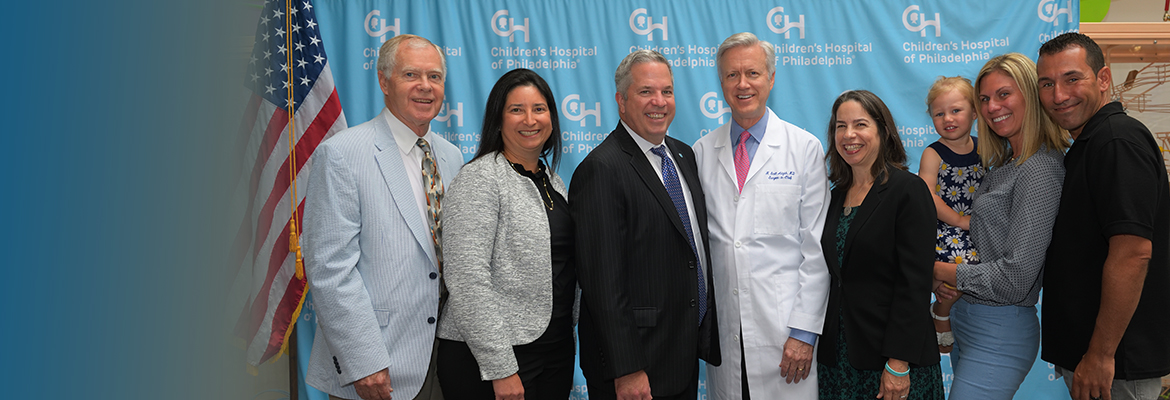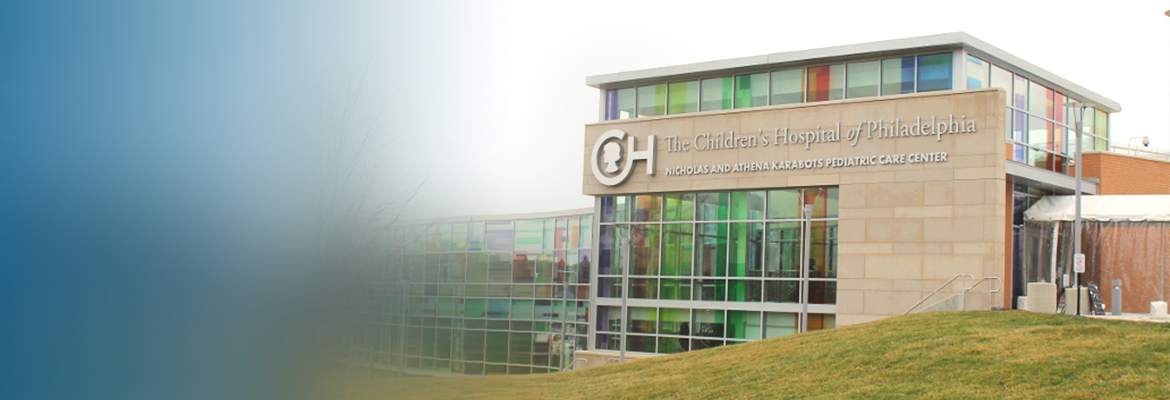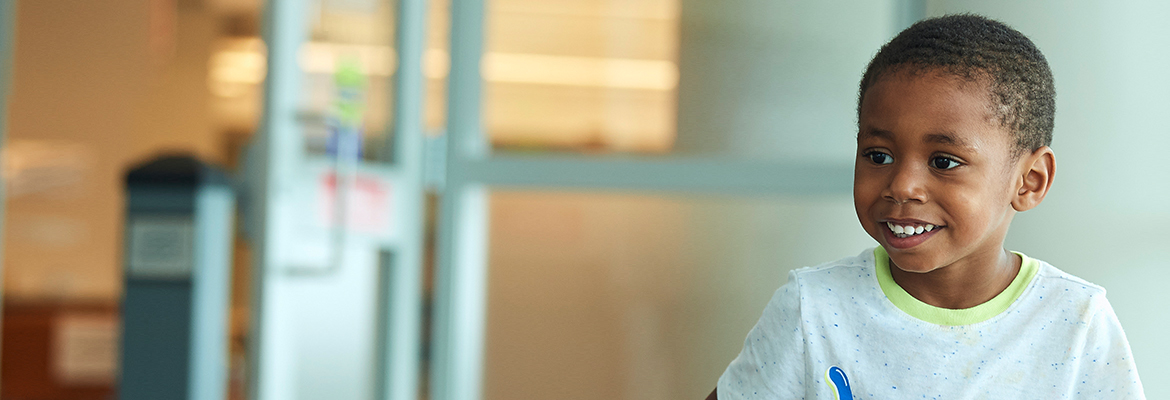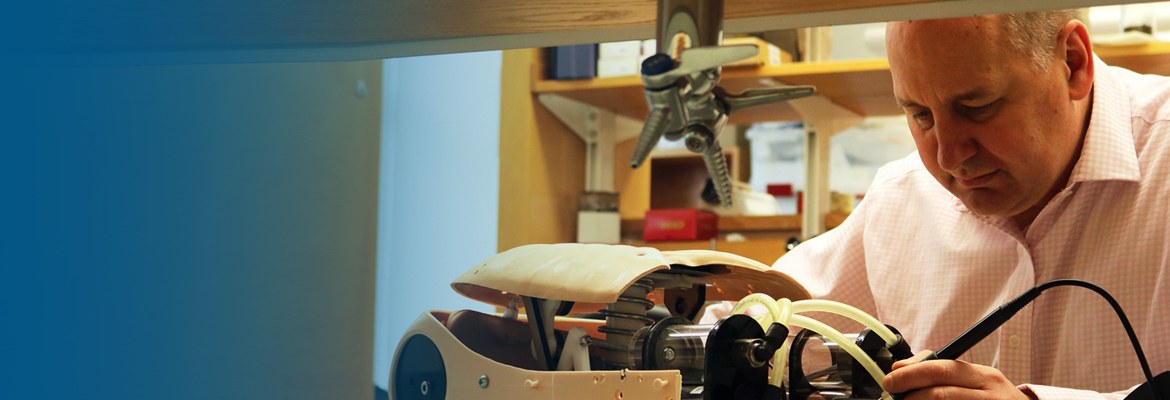The Raymond G. Perelman Center for Cellular and Molecular Therapeutics (CCMT) at Children’s Hospital of Philadelphia unveiled the Clinical Vector Core’s new manufacturing facility to produce biotechnology tools that will deliver cell and gene therapy for difficult-to-treat diseases.
CHOP partnered with the CEO Council for Growth of the Chamber of Commerce for Greater Philadelphia to officially open the facility in October 2018 and highlighted the city’s position as an important hub of scientific and medical innovation.
“Philadelphia is a city of breakthroughs,” said Madeline Bell, CHOP President and CEO, during the event. “In this facility, we make the tools — the vectors — that scientists use to deliver cell and gene therapies, bringing dramatic precision medicine treatments to patients.”
CHOP researchers developed two vectors that are the among the first gene therapies approved by the U.S. Food and Drug Administration: CAR T-cell therapy (Kymriah®) to combat an aggressive form of pediatric acute lymphoblastic leukemia and voretigene neparvovec (Luxturna™) to treat a form of inherited blindness.
The Clinical Vector Core focuses on tapping into how viruses efficiently infect and transfer their genes to host cells. Core Director Johannes van der Loo, PhD, leads a team dedicated to producing high-quality viral vectors for numerous preclinical and clinical trials at CHOP and other facilities.
The Clinical Vector Core was established as a Core facility within the CCMT more than a decade ago, and it began at a time when treatment of patients through gene therapy at CHOP was just getting underway, Dr. van der Loo noted.
At first, the Clinical Vector Core developed one clinical product a year, but it now works on approximately 10 each year, according to Director of Quality Olga Zelenaia, PhD. It has also expanded from delivering products primarily for CHOP and the University of Pennsylvania to national and international clients.





